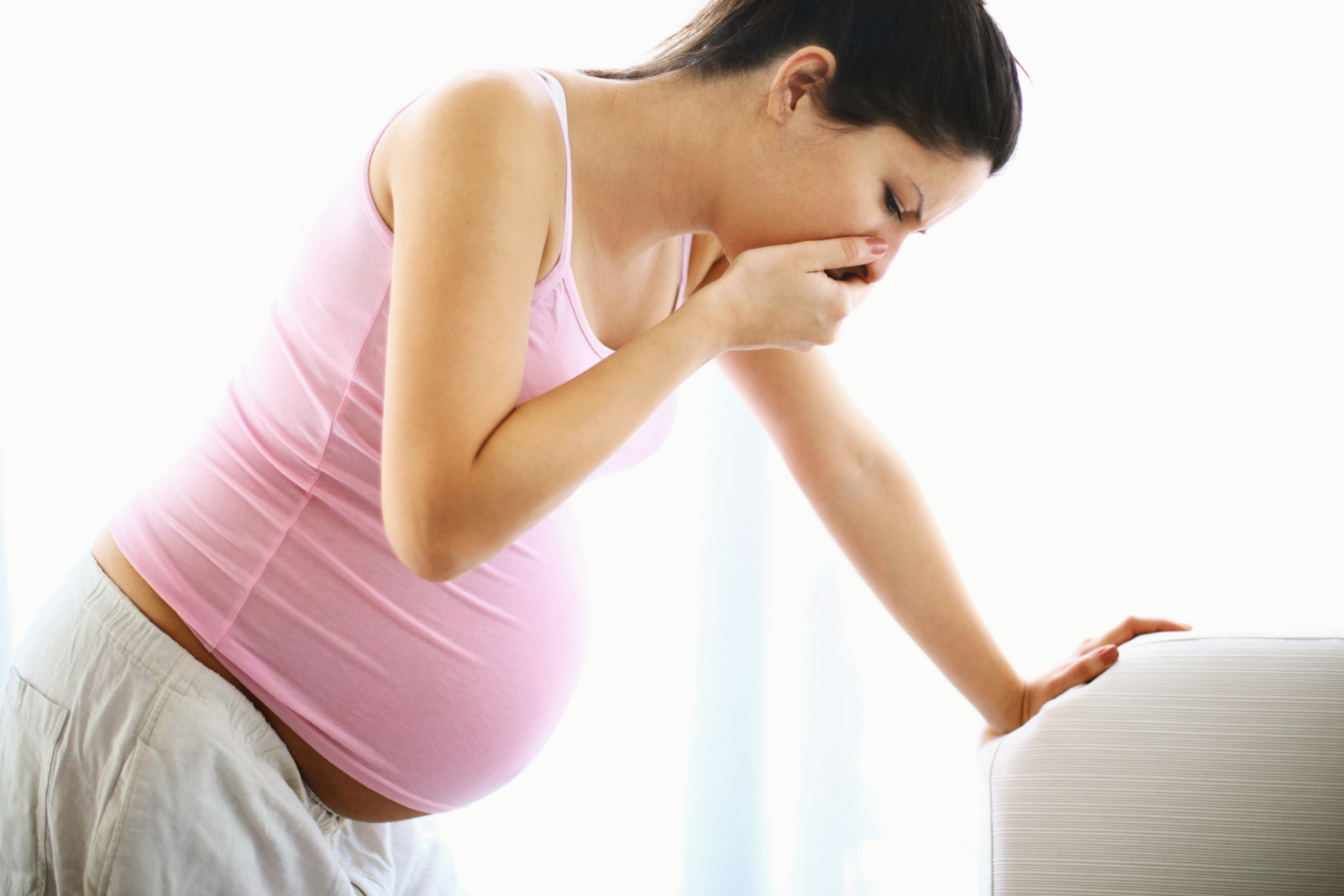Once you have given birth, your breasts are given a signal to start to produce milk. Blood flows to your breasts, and your milk usually comes in 1 to 4 days after birth. Breast engorgement is when your breasts get full and sore, which is common in the early days and weeks of breastfeeding.
You may notice your breasts will become to feel very full, hard and painful. Your nipples may also appear flattened and tight.
So why does engorgement happen? It usually occurs if your baby is not feeding properly, so the milk that is produced builds up. This is usually temporary – eventually you will produce just as much milk as your baby needs.
How to reduce the chance of breast engorgement:
- You should feed your baby often and on demand (not by the clock)
- Avoid giving your baby any fluids other than breast milk (unless medically required)
- Don’t limit your baby’s time at the breast
To relieve breast engorgement, the best thing to do is to empty the breast, either by feeding your baby directly or by expressing your milk.
Some other tips to relieve breast engorgement include:
- Take off your bra before breastfeeding & leave it off
- Have a warm shower before you feed or apply a warm washer to the breast
- Hand-express some milk before feeding your baby
- Try applying pressure around the nipples to push fluid back into the breasts
- While your baby is feeding, gently massage the breast in a downward motion from the chest wall toward the nipple
- If inflamed, place a chilled gel pack or washed cabbage leaf over the breast
- If you breasts still feel full after your baby feeds, express milk either by hand or with a breast pump
If you are still uncomfortable or if the engorgement does not improve, ask your doctor for advice!
Call POGS on (08) 6270 0123 or email: reception@pogs.com.au if you need to make an appointment.
















